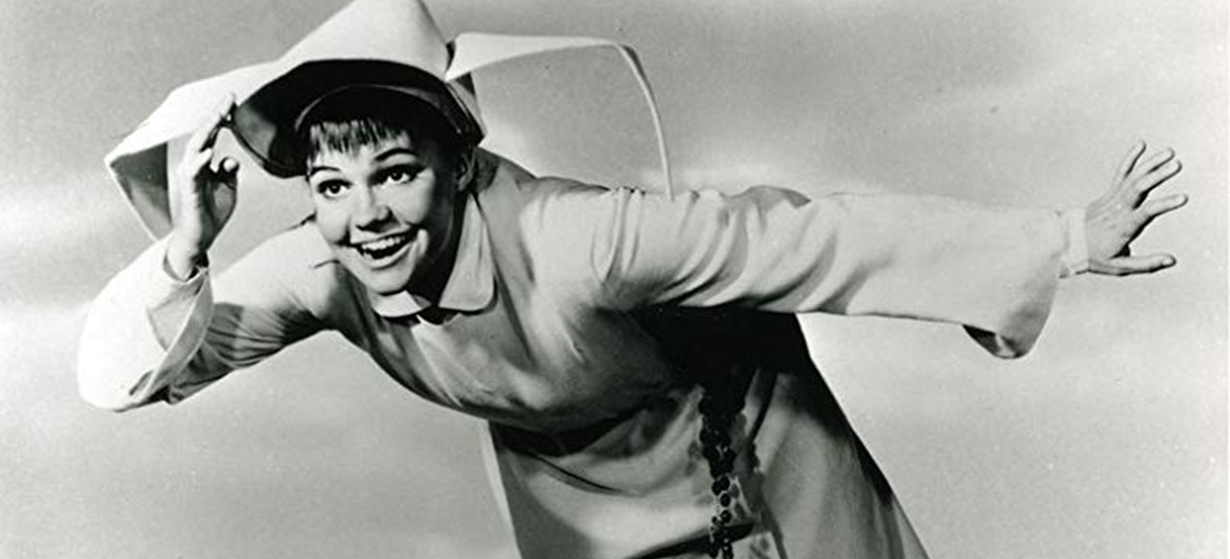“The rise of the nones” is the attention-grabbing phrase used to describe the well-documented increase in the percentage of Americans who, when queried by survey researchers about their religious identification, say “none.”
So begins a recent report from Gallup. As is frequently noted, the “rise of the nones” is not necessarily the “rise of the atheists.” In fact, for all the noise made by the celebrity atheists, atheism is not doing much better than organized religion in capturing the affection and loyalty of modern Americans. Simply put, when the pollster asks one of us to check a box to describe our religious identity fewer of us are checking Catholic or Protestant (mainline or evangelical), Jew, Muslim, Buddhist, or Hindu. More and more of us are choosing “none of the above.” Hence, the “rise of the nones.”
The nones may think about God and practice some form of spirituality – “spiritual, but not religious” is a common phrase used by nones. It’s not no religion, it’s my religion, and that can be a problem. Do it yourself religion has a long history in the United States. There’s much to worry about with do it yourself religion. It typically makes no sense and has little lasting power, especially when life gets tough and answers about its meaning and ways for its wise living are hard to come by. The quote is often attributed to Chesterton, and whether he said it or not, it is true: “People who stop believing in God do not believe in nothing, they believe in anything.”
Nones aren’t bad people, and certainly not the Christian’s adversary. They are our mission field – engaged with friendships and care, not arguments and debates.
I’ve been thinking about nones and how I have become one. Oh, not in a theological sense. I still happily check the “Christian,” “Protestant,” and “Reformed” boxes. I’m a little more cautious about checking the “Evangelical” box only because of the mess we’ve made of such a good word.
I’ve become a political none. One of you sent me the link to yesterday’s New York Times interview with my old college buddy Mark Galli, just retired Editor in Chief at Christianity Today. Mark has been in the news after writing CT editorial supporting the impeachment of President Trump.
In the interview, Mark is asked about the 2016 election. He answers, “Like many, I was not happy with either candidate, and so I voted for a third-party candidate. And you’re about to ask me who that is, and I don’t remember. The most important thing is, I didn’t want to vote for Hillary Clinton or Donald Trump.”
Amen, Mark.
He goes on to say, I’m actually not a political person. I don’t follow political reporting too much. I find it caustic, both to the culture and to one’s own heart. I often say the most political things Christians do is, every Sunday, go to church and say “Jesus Christ is Lord.”
And then, I’ve been thinking more deeply about what the relationship is between Christian faith and political life. I had drawn much more of a separation between politics and faith in my past, and I need to rethink that. I certainly don’t want to do what mainstream Christianity has done and make politics indistinguishable from faith — especially on the left, and now on the right. But is there a way to talk about our nation’s issues that is not merely partisan, but raises questions of ethics and morality and ideals?
Like my old friend Mark, I’ve drifted (risen?) to “none” when it comes to politics. Having risen to “none,” I’m not sure when or if I’ll come back down to the muck and the mess that politics have become. But maybe I should.
Eleven months from today I’m planning on voting, and I may vote “none” again. Or maybe not. I’d love to talk about it with some of you. But please, no arguments or debates, just conversation. And if you’ve made left or right your religion, no thanks. I already have one.
See you Sunday!
If you’re at LPC worship on Sunday, I plan on finishing the chapter in the story that began on Christmas Eve, 1969. Damascus Road, Whipsnade Zoo, or?

